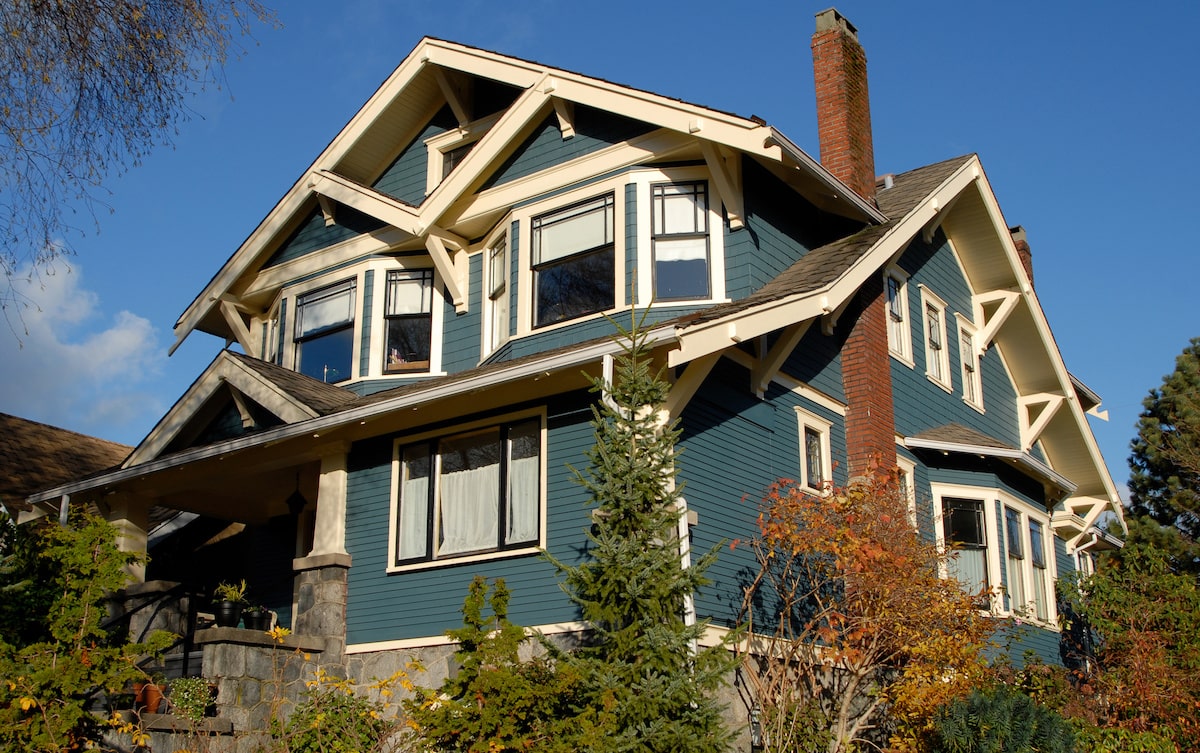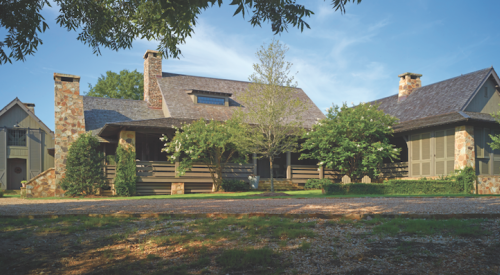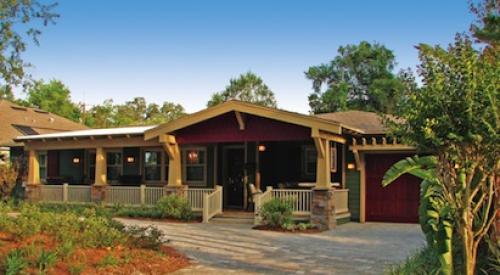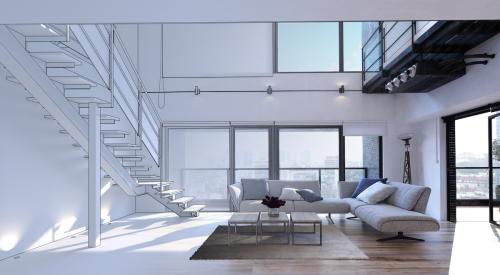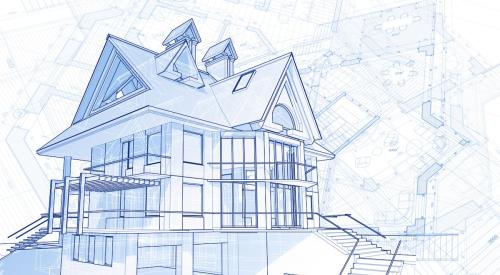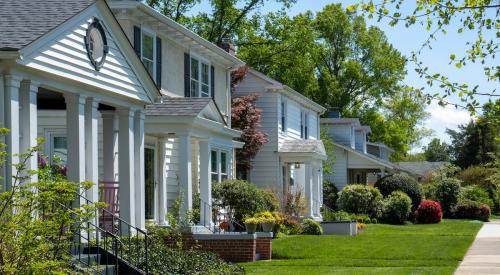The focus of renovating a historic home should be on increasing functionality and livability without removing its character and charm, says Housing Design Matters. To avoid design faux pas in older homes, builders can prioritize continuity when selecting home exteriors, and they should also maximize porch space without cutting into the actual square footage of the home.
The craftsman style home is the perfect example of historic architecture with simple but eye-catching curb appeal, but when remodeled incorrectly, an attempt to create extra square footage can instead create a less than welcoming entry.
We have all seen them – alterations made by homeowners that make you scratch your head. Or, if you’re an architect, make you want to pull your hair out – especially when those aberrations (as I like to call them) ruin an otherwise adorable home. Oh yes, this week is going to be a design critique blog!
But even adorable houses need to be altered as time goes by. Often, those alterations are to capture additional interior square footage. That may mean closing in a front porch. One of our recent renovations in downtown Charleston had obviously been altered over time. During our renovation, we attempted to right the architectural wrongs – but chose to keep the additional square footage.
